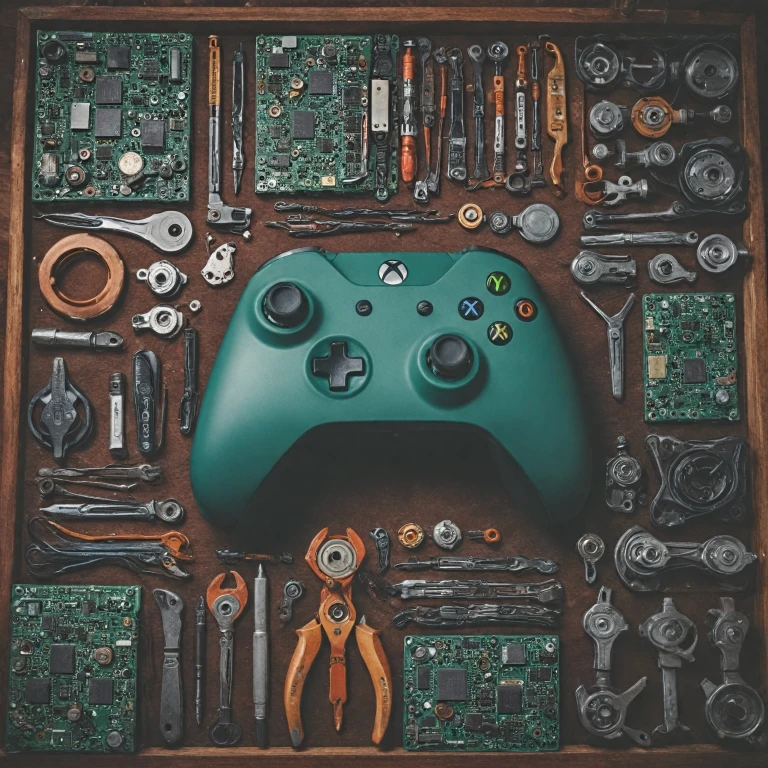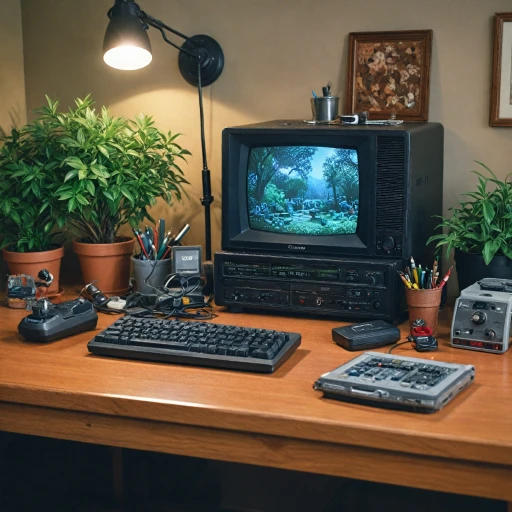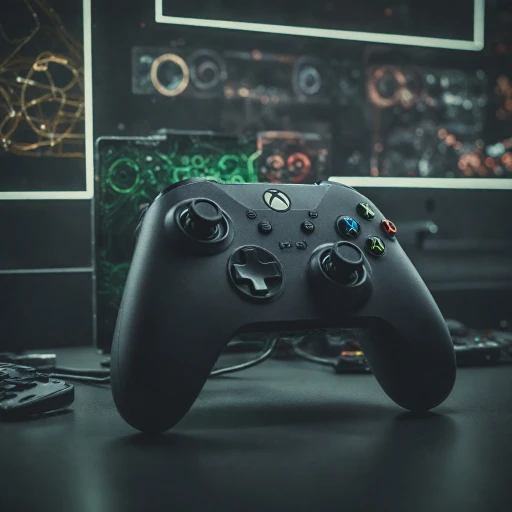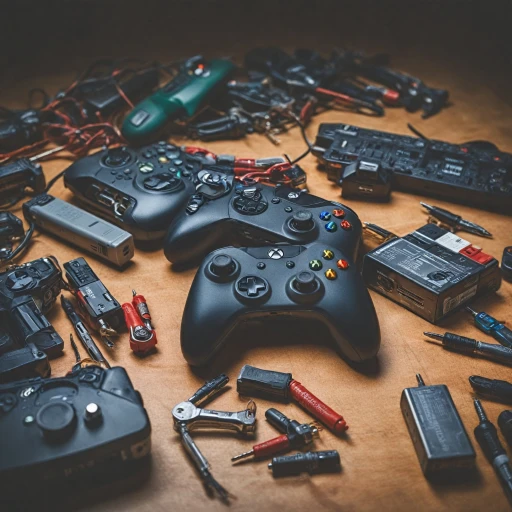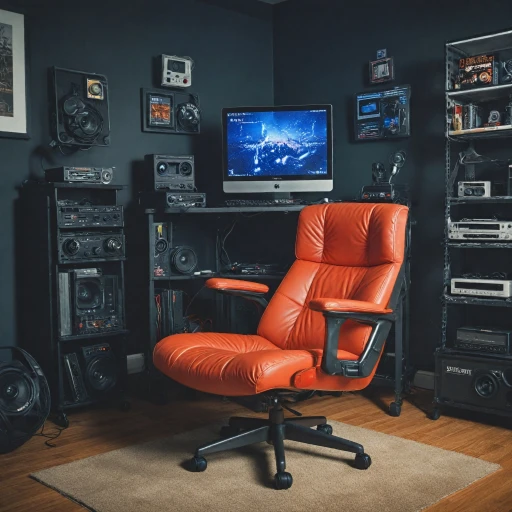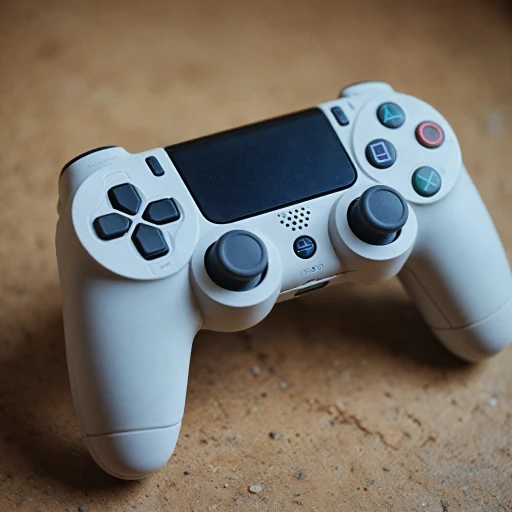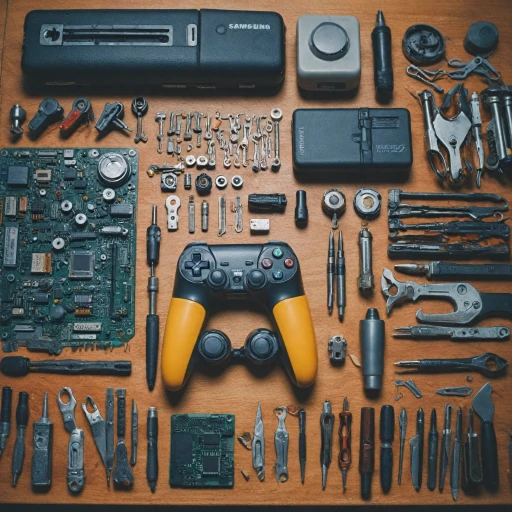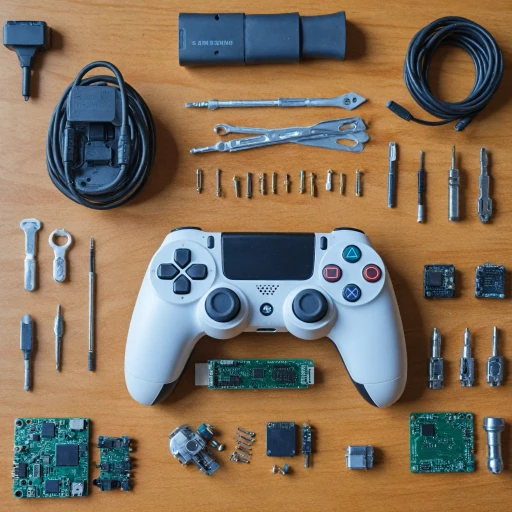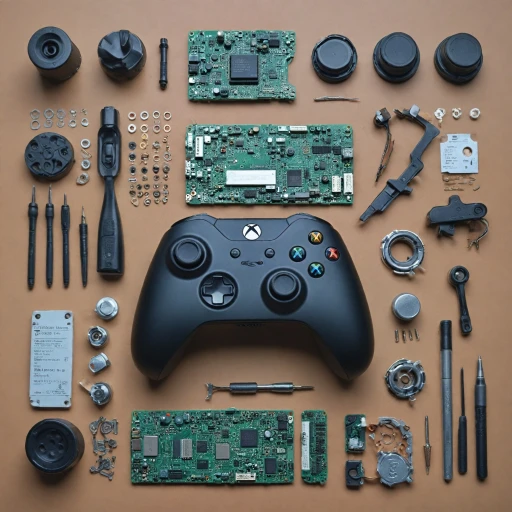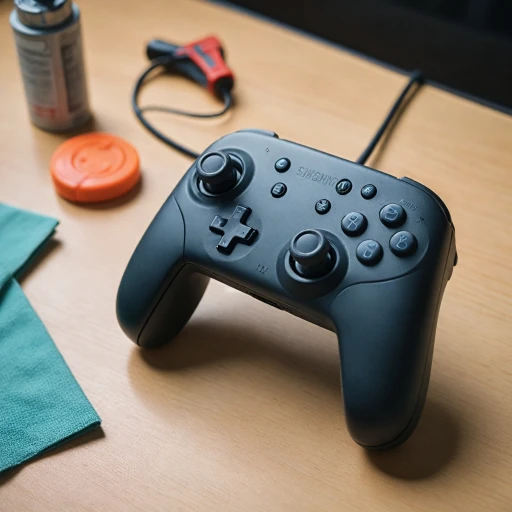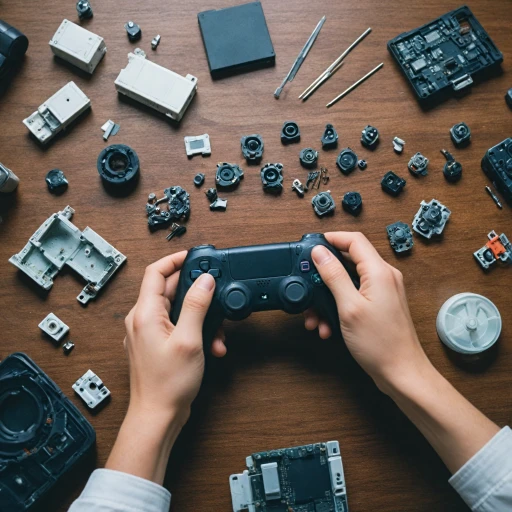
Understanding Common Xbox Controller Issues
Identifying Common Issues with Xbox Controllers
When it comes to Xbox controllers, there are a few common issues that users frequently encounter. Understanding these problems is the first step towards effective controller repair. Whether you own a standard Xbox wireless controller, an Xbox Elite, or a model from the Xbox Series, recognizing these issues can save you time and frustration.
- Stick Drift: This is one of the most prevalent issues with Xbox controllers. It occurs when the analog sticks move on their own, causing unintended actions in games. This can be particularly frustrating during gameplay and often requires a detailed repair process.
- Unresponsive Buttons: Over time, the buttons on your Xbox controller might become less responsive. This can be due to wear and tear or dirt accumulation under the buttons. Addressing this issue often involves cleaning or replacing the buttons.
- Connectivity Problems: Wireless controllers, including the Xbox Elite and Series models, can sometimes face connectivity issues. This might be due to interference, outdated firmware, or hardware malfunctions.
- Battery and Charging Issues: For wireless models, battery life and charging problems can be a concern. Ensuring that your controller is properly charged and using quality replacement parts can help mitigate these issues.
By familiarizing yourself with these common problems, you can better diagnose and address any issues that arise with your Xbox controller. Whether it's a simple fix or requires professional repair services, knowing what to look for is crucial.
Essential Tools for Xbox Controller Repairs
Necessary Equipment for Effective Controller Repairs
When it comes to fixing your Xbox controller, having the right tools on hand is essential to ensure a successful repair. Many common issues, from stick drift to unresponsive buttons, can be resolved with a few key pieces of equipment. Let's explore what you'll need for your repair journey.- Precision Screwdriver Set: To access the internal components of your Xbox controller, you'll require a precision screwdriver set. These tools allow for careful and exact disassembly without damaging screws.
- Plastic Opening Tools: A plastic opening tool is crucial for safely prying apart different parts of the controller casing without leaving scratches or marks. This is particularly important for maintaining the quality of your controller.
- Replacement Parts: Depending on the issue, certain parts may need replacement. These could include thumbsticks, buttons, or even internal components. Ensure you purchase high-quality replacement parts compatible with your Xbox controller model.
- Multimeter: For more complex repairs related to connectivity problems, a multimeter can help diagnose issues with your controller's circuits.
- Soldering Kit: If you're dealing with damaged wiring internally, a soldering kit might be necessary. However, it's recommended to only use this if you're confident in soldering skills as incorrect use can worsen the problem.
- PC or Mobile Device: Post-repair testing is essential. Having a PC or mobile device to ensure connectivity and responsiveness of your controller can save a lot of time and hassle.
Step-by-Step Guide to Fixing Stick Drift
Step-by-Step Guide to Tackling Controller Stick Drift
When you notice your Xbox controller is exhibiting stick drift, it can significantly impact your gaming experience. Stick drift, where the joystick moves without user input, is a common fault reported in various models, from the Xbox Wireless to the Elite series. Here's a comprehensive guide to address this issue effectively.- Diagnose the Problem
- Assemble the Necessary Tools
- Open the Controller
- Clean the Joystick Mechanism
- Inspect for Wear and Tear
- Reassemble and Test
- Consider Professional Repair Services
Repairing Unresponsive Buttons
Reviving Unresponsive Buttons on Your Xbox Controller
Unresponsive buttons on your Xbox controller can be a major gaming setback, affecting your gameplay and overall experience. If any of the buttons on your wireless Xbox controller or Xbox Elite model are not responding as they should, it might be time for some repair work. Here's a concise guide to help you bring those buttons back to life.
The first step is to carefully inspect your controller for any obvious issues, such as dirt or debris around the buttons. Cleaning the buttons can sometimes resolve the problem without further repairs. Use a gentle cleaning solution and a cotton swab or compressed air to clear the area.
If cleaning doesn’t solve the unresponsive buttons issue, further efforts might be necessary:
- Disassembly: Begin by disassembling your Xbox controller. Ensure you have the right tools such as a T8 security screwdriver to remove screws.
- Inspect the Contact Pads: Once inside, examine the rubber contact pads under the buttons. If they appear worn, consider replacing them with high-quality replacement parts available at various stores or online outlets.
- Buttons Replacement: If the buttons are damaged, replacement buttons can restore functionality. Replacement sets are often available as part of controller repair services.
- Soldering Connections: For advanced repairs, inspect the soldering on the controller's circuit board. Cold solder joints can lead to non-responsive buttons. Resoldering these connections may solve the problem.
Before undertaking any self-repair efforts, check the warranty status of your controller. If your Xbox controller or Xbox Elite series model is under warranty, consider utilizing Microsoft’s repair service to prevent voiding it. For older controllers, you might prefer tackling the repair yourself or consulting a professional repair service for fast turnaround and quality assurances at a fair price.
With some time and patience, unresponsive buttons don’t have to put a damper on your gaming experience. Proper maintenance and timely repairs can ensure a smooth and immersive gameplay with your Xbox controllers.
Connectivity Problems and Solutions
Troubleshooting Connection Issues
One of the most common frustrations with Xbox controllers is connectivity problems, which can significantly impact your gaming experience. Whether you're using a wireless controller or one of the advanced models such as the Xbox Elite, maintaining a stable connection is vital. Firstly, ensure that your controller has sufficient battery power. Low batteries can cause intermittent connections with your Xbox console. Consider investing in rechargeable batteries or a reliable power pack to ensure consistent performance. If the controller is still experiencing issues, look into the following solutions:- Re-sync the Controller: Turn off your console and controller. Restart both and try re-syncing the controller by pressing the sync buttons on both the console and the controller. This process can rectify temporary connectivity glitches.
- Check for Interference: Other electronic devices can interfere with the wireless signals. Ensure that your gaming area is free from excessive interference from routers, microwaves, or other Bluetooth devices.
- Update Firmware: Outdated firmware on your controller may result in connectivity problems. Ensure that your console's system and controller firmware are up-to-date by navigating to the settings menu and checking for updates.
- Inspect for Physical Damage: Look for signs of wear or damage on your controller's casing and thumbsticks that might impact connectivity. The physical state of the buttons and other parts, including stick drift, might play a role in connectivity issues. If you find any damage, it may be time to consider controller repair or replacement depending on the extent of the damage.
Preventative Maintenance Tips
Smart Practices to Enhance Durability
Keeping your Xbox controller in top shape requires diligent care and attention. Here are some key preventative maintenance tips to ensure your gaming experience remains seamless:
- Regular Cleaning: Dust and grime can accumulate over time, affecting the functionality of buttons and sticks. Use a microfiber cloth to gently wipe down your controller, focusing on crevices where debris tends to gather.
- Proper Storage: When not in use, store your controller in a cool, dry place. Avoid placing it near heat sources or exposing it to direct sunlight, as exposure can damage electronic components.
- Avoid Needless Modification: While customizing your Xbox wireless controller may be tempting, be cautious with aftermarket parts that could void warranties or compromise the quality of your elite series model.
- Software Updates: Keep your controller's firmware updated by checking your Xbox Series console settings regularly. Software updates can resolve minor issues and enhance device performance.
- Safe Charging: For wireless controllers, ensure you use a quality charger from a reputable store. Inferior chargers can lead to overheating, reducing the controller’s lifespan.
- Utilize Cases: Invest in a protective case for portable use. A case guards your controller against drops or impacts during travel.
Adopting these preventative measures can greatly extend the life of your Xbox controller, helping you maintain optimal performance without frequent calls for repair services. Regular care ensures your investment in a quality device pays off, keeping you immersed in your gaming adventures.

